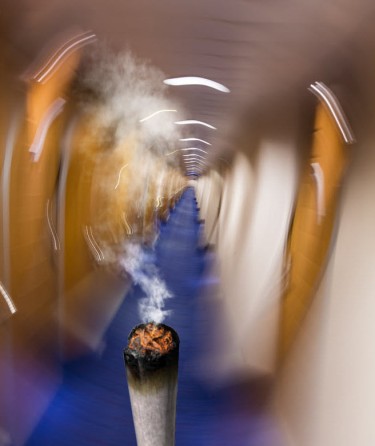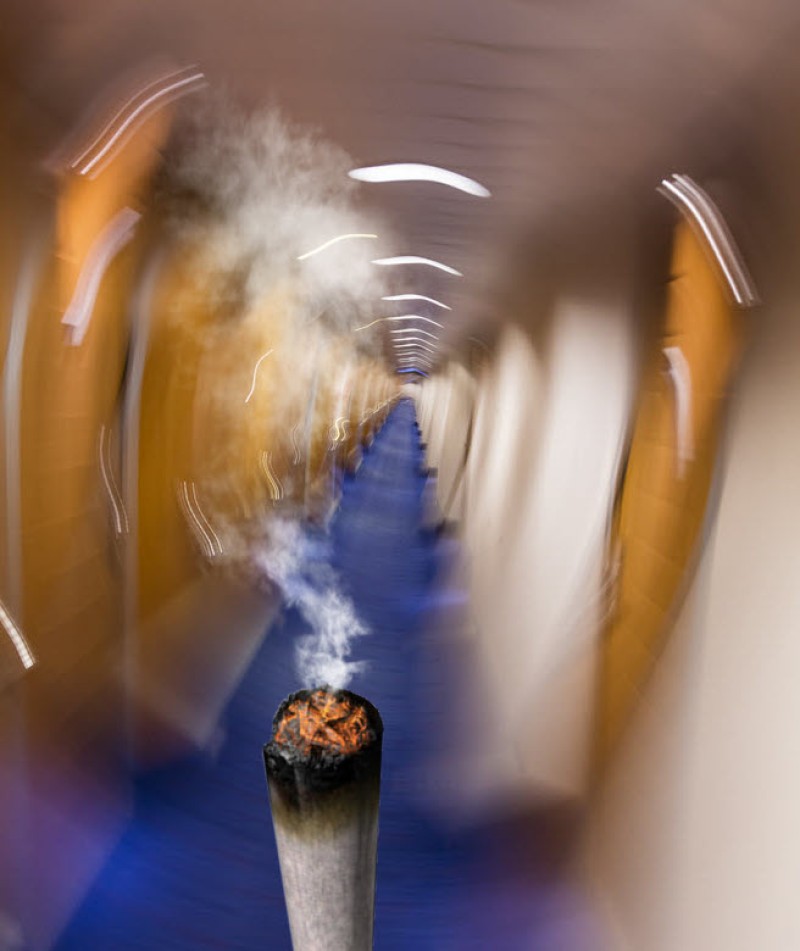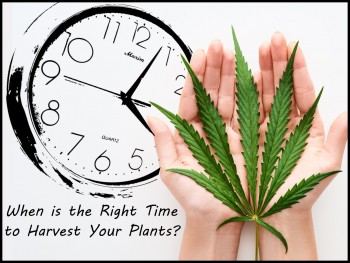
According to a recent study, it was published that THC levels in breath or blood do not directly translate to an impairment or last time of cannabis use. The latest research released late last month gave further evidence that THC levels detected in the breath or blood of cannabis users are not an accurate measure of impairment. The researchers also discovered that THC levels in breath and blood do not give accurate proof of when last a test subject consumed cannabis.
Before kicking off the research, the researchers pointed out that establishing a factual metric of present cannabis use that relates to impairment has become a tricky goal. In some states, legislation has been set to establish legal limits regarding the level of THC in drivers' blood. This is quite similar to the threshold limit of 0.08% for blood alcohol concentration which is effective nationwide.
With such limits set for breath and blood THC levels in several states, several critics have condemned the idea. They contended that such a threshold has little correlation with the level of intoxication and impairment which varies from one person to the next. As regards cannabis, similar concentration has different effects on persons.
According to the researchers, the study offers additional evidence that specific ratios of unique delta-9 THC levels in the blood do not directly translate to impairment. Hence, the use of a legal threshold for delta-9 THC at this present time is not justifiable scientifically. The whole research was published in the Journal Scientific Reports.
To carry out the research, the researchers enlisted several test subjects, many of which were frequent marijuana users. The researchers then evaluated THC concentration in their breath and blood before and after smoking cannabis.
Before smoking cannabis, the researchers took the reading of the initial THC levels of the test subjects. The average THC levels were recorded at 5mg/ml which exceeded the legal THC levels threshold of most cannabis legalized states. The researchers pointed out that at that THC level, none of the test subjects were impaired. After the subjects smoked cannabis, the researchers took note of an inverse relationship between impairment and THC blood levels.
The researchers noted that their experiment was consistent with previous studies that have proven that delta-9 THC can be perceived in breath after several days of use. Given that the best breath-based testing technologies for cannabis only deface delta-9 THC, there's the likelihood of false-positive test results. This is because delta-9 THC persists in the breath outside the impairment window.
New Study Supported by Previous Research
Comparing the result of the latest research with a study published in the Neuroscience & Biobehavioral Review journal late last year, the results seem to be consistent. In the 2021 research, researchers from the University of Sydney evaluated all the accessible studies on THC levels in saliva and blood and driving performance.
The author of the research, Dr. Danielle McCartney noted that high THC levels in the blood can be linked with heightened impairment among rare cannabis users. On the other hand, no considerable relationship was established among frequent cannabis users. This implies that oral fluid and blood THC concentrations are poor determinants of delta-9 THC-induced impairment.
To carry out the research, the researchers evaluated data from 28 different publications that evaluated the consumption of ingested or inhaled cannabis. The researchers then went on to evaluate the link between driving performance and THC concentration using distinct driving skills metrics like divided attention and reaction time.
The researchers recorded a weak correlation between impairment among rare cannabis users and THC levels. However, no correlation was recorded between impairment among frequent cannabis users and THC levels in the saliva or blood. Please note that frequent cannabis users here are individuals that use cannabis weekly or daily.
Certainly, this is not to suggest that there are no correlations whatsoever between driving impairment and THC concentration. This is just an indication that THC levels in the saliva or blood are poor metrics for THC intoxication. The author of the research also noted that the result of the study now questions the credibility of the popular random THC testing in several countries. This also includes law enforcement's reliance on this test in the United States.
McCartney affirmed that the result of the study shows that unimpaired persons could be mistakenly identified as impaired when THC thresholds are set. Similarly, drivers who are impaired following cannabis use might not reflect on the mobile testing which is quite dangerous.
Lambert Initiative's academic director, Professor Iain McGregor, who has been in charge of the initiative studying the medical prospect of marijuana gave some interesting comments. He affirmed that THC levels within the body have a very complicated relationship with impairment. The direct and strong relationship between impaired driving and blood-alcohol concentration has painted a false image regarding drugs. People now think such a relationship is constant with drugs but that's not the case with marijuana.
McGregor added that an inexperienced person with cannabis can consume a minute quantity of oral THC and be unfit to drive. Yet, blood tests will show very low oral and blood fluid THC levels. Meanwhile, an experienced cannabis user may take a large THC dose and show no signs of impairment even when the test reads high blood and oral fluid THC levels.
Conclusion
It is evident that there's a need for an effect and reliance method to identify cannabis impairment in place of work and on the road. Numerous studies have proven that the present mobile THC testing and limits set by cannabis legalized states are not foolproof.
The result of the study shows that unimpaired persons could be mistakenly identified as impaired when THC thresholds are set. Similarly, drivers who are impaired following cannabis use might not reflect on the mobile testing which is quite dangerous.
Hopefully, a more ideal policy and testing procedure will be established that adequately address THC levels and impairment.






